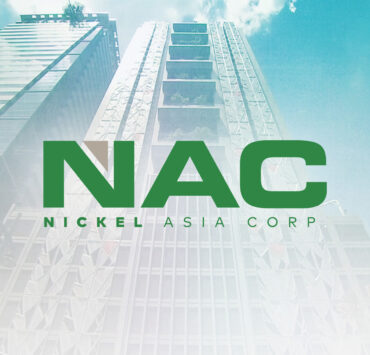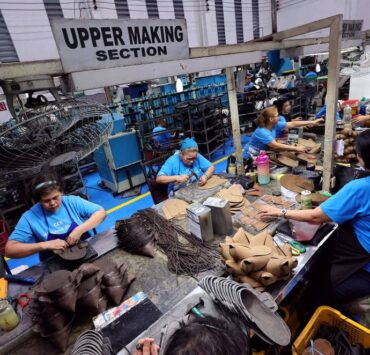Change in outlook of ‘elite’ PH schools

A recent article in the Wall Street Journal put into question the urban legend in the United States that Master in Business Administration (MBA) graduates of elite business schools in the US, such as Harvard University, University of Pennsylvania Wharton School and Stanford’s Graduate School of Business, enjoy an edge in employment in top US companies.
According to the report, 23 percent of job-seeking Harvard MBA graduates last year were still looking for work three months after graduation. That’s up by 3 percent from the prior year.
The same goes for graduates of the other schools mentioned. This development had been considered as the worse job-placement outcome than any other in recent memory.
Apparently, an MBA diploma from the so-called Ivy League had ceased to be an automatic ticket to high-paying jobs that made enrollment in their institutions worth its high monetary costs and efforts that had to be exerted to meet strict academic requirements.
The decline in attractiveness of those graduates was attributed to tight business climate in the US and the decision of business executives to demand skills other than business management from new hires in light of changes in technology and marketing in the US and other parts of the world.
Besides, graduates of less-known business schools in the US had shown that they can go toe-to-toe with their counterparts in those schools in terms of business acumen.
A shift in perspective in making the school that a job applicant graduated from as a significant factor in the hiring process has been noted in the Philippines in recent years.
Time was when parents in the provinces sent their children to schools in Metro Manila, especially the so-called elite colleges and universities, in the belief that they would get the good education they need to pass government licensure tests and, in the process, quickly get employed in high-paying jobs.
That made good strategic sense then because those tests were often dominated by graduates of Metro Manila schools and that gave them a foot in the door of top local companies.
Not anymore. In recent years, graduates of schools in the provinces that did not ring a bell or hardly been heard of had given graduates of Metro Manila colleges a run for the money in the top 10 slots of licensure examinations.
With the exemplary performance of those “outsiders,” many businesses have put them on equal footing with their Metro Manila counterparts in their recruitment roster.
Another striking development in the local employment field is the change in preference of the educational institutions that their prospective employees come from.
A survey conducted in July 2023 by Jobstreet.com, a leading online job portal in the Philippines, showed that graduates of Polytechnic University of the Philippines (PUP) were the preferred new hires by businesses because of the perception that they are effective team players in the workplace.
The second and third preferences were graduates of the University of the Philippines (UP) and De la Salle University, respectively. These schools’ reputation and academic program were considered in alignment with the needs of the hiring companies.
Note that PUP and UP are public (or government-operated) schools that enjoy tuition-free privileges and are the go-to institutions for tertiary education by students whose parents cannot afford the high matriculation and other academic fees of private schools.
Going back to MBA graduates of Harvard, it would be interesting to find out if their situation also applies to graduates of the Asian Institute of Management and other Philippine colleges that offer MBA courses.
Unlike in the past when those courses were limited in terms of enrollment due to their pricey tuition fee, reduced matriculation costs, flexible classroom hours and availability of online lectures have seen a boom in MBA enrollees in the country.
Businesses that may have a need for their services have a wide field of choice. It’s a buyer’s market, so to speak.



















